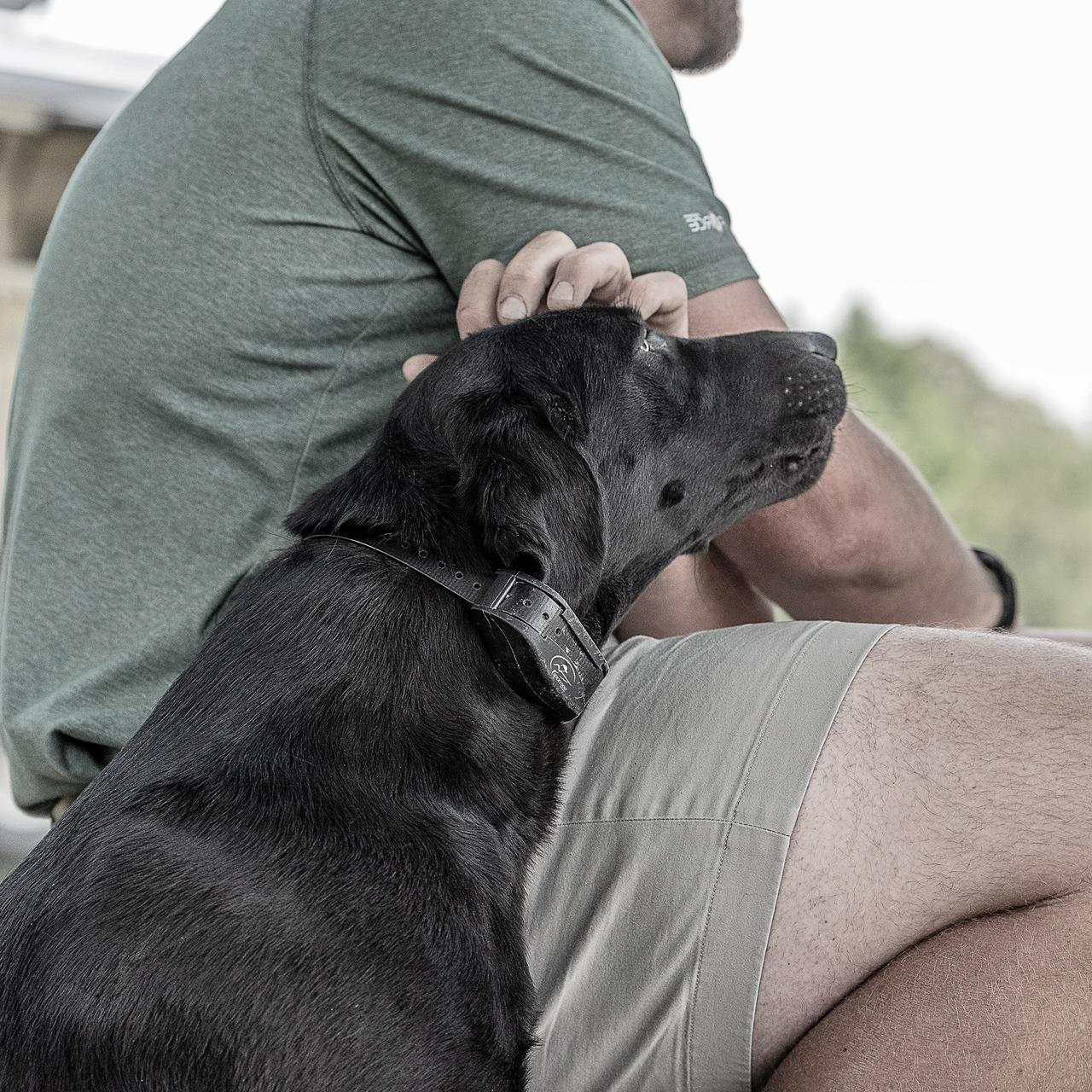
Poor Performance in Bird Dogs
Posted by The SportDOG StaffYour bird dog has been a strong, eager hunter with lots of pizzazz and snap, but now he has lost that snap, speed and stamina. He still eats well, is bright and alert and has normal bowel movements. Have you over-trained the dog or is it poor nutrition, heartworms or intestinal parasites? Probably not!
With today’s good quality rations and good parasite control programs, the odds are good that these are not your problem. Unless you know you have over-trained either with excess work or electrical stimulation, that is probably not the cause. Probably your dog has an unapparent health problem. Although the dog eats well and shows no obvious signs of the cause of his poor performance, it is very likely that there is a physical problem.
Possible causes include:
- tonsillitis
- low grade kidney or liver disease
- low thyroid enzymes
- nocordia or actinomyces infections associated with seeds, usually in the respiratory system or abdominal cavity
- arthritis
- hip dysplasia
- heart disease
These and other causes may not be readily obvious and will require appropriate testing and radiographs to diagnose.
It is very frustrating when a good dog’s performance becomes inadequate, but there usually is a cause and that cause is usually a health issue. If you notice a change in your dog's temperament or performance, get him medical attention as soon as possible.
Always check your local and state regulations related to dog training and the use of game birds on private and public property.
Related Articles
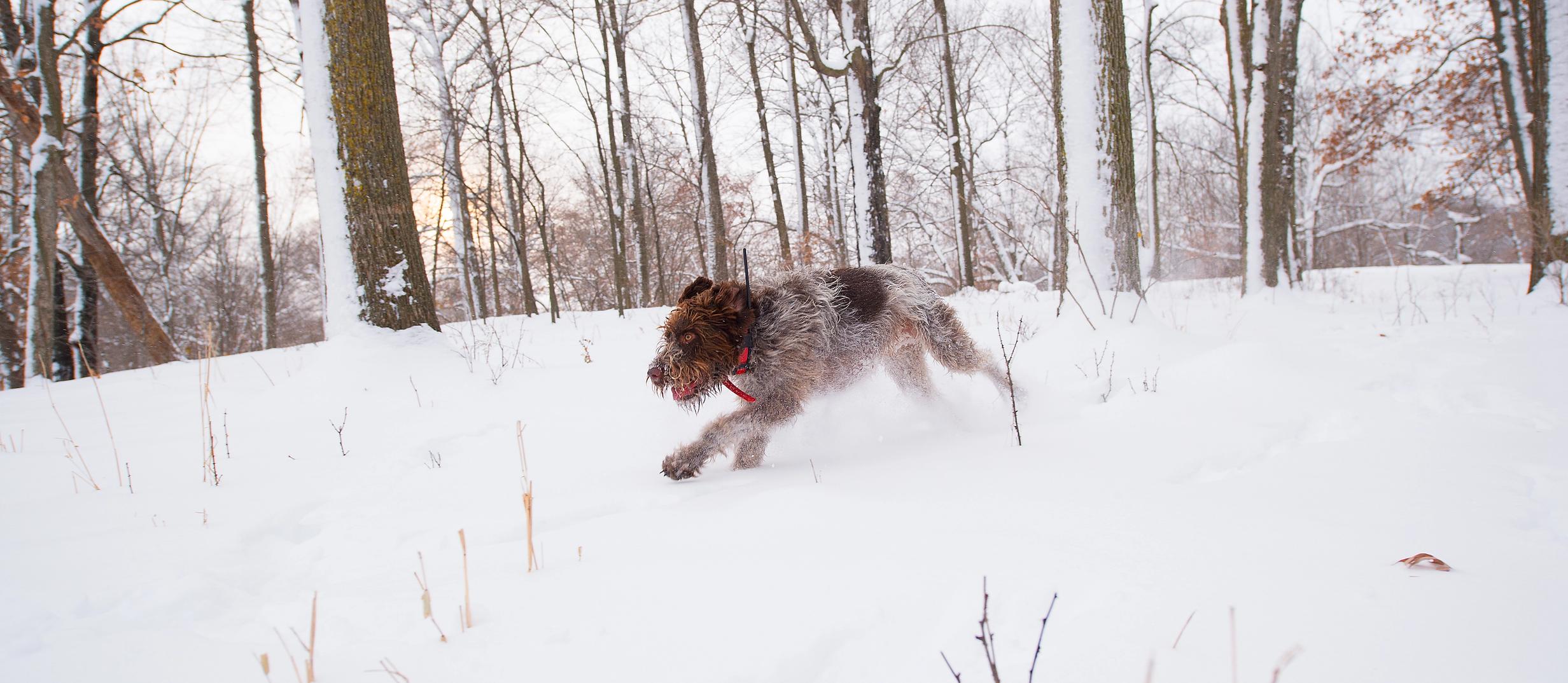
Rigors of a Tough Hunting Season
by The SportDOG Staff
During the 2009-2010 hunting season, most of us endured our most interesting upland season in quite some time. The entire country experienced unique weather conditions this fall and winter. Hard winters often turn most of our thoughts and concerns towards, "how are the birds going to make it"? A question...
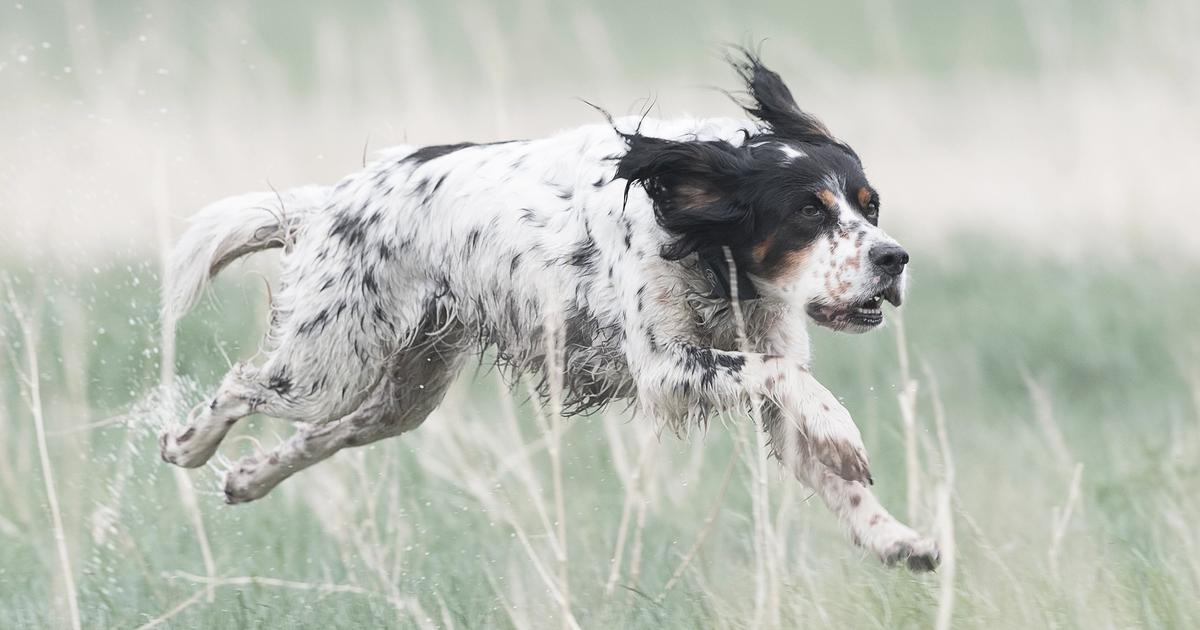
Keep Your Dog on Track - Video
by The SportDOG Staff
In this SportDOG Brand training tip (originally aired on Pheasants Forever Television) SportDOG Senior Pro Staffer Tom Dokken goes over the basics of keeping your hunting dog on track of the appropriate game in the hunting field.
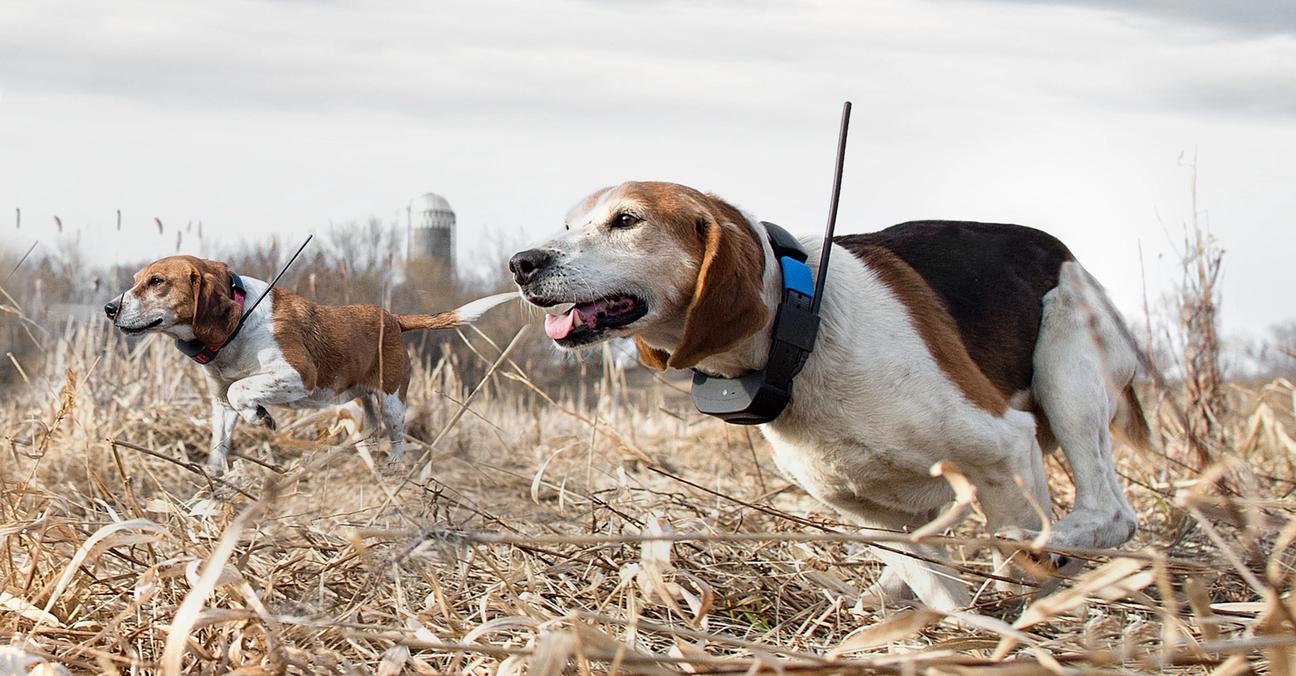
Footcare for Your Hunting Dog - Video
by The SportDOG Staff
In this SportDOG Brand Training Tip (originally aired on Pheasants Forever Television) Dr. Joe Spoo,DVM discusses the best way to care for your hunting dogs feet by trimming the nails and the use of boots.
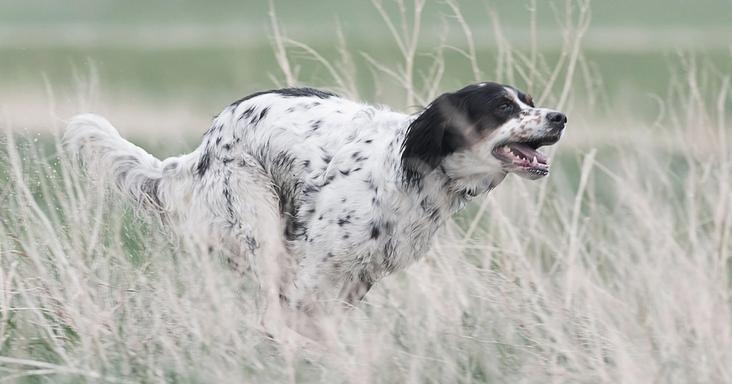
Building a First Aid Kit
by The SportDOG Staff
My background is a bit different than many of the dog handlers on the SportDOG® ProStaff. I’m a tactical paramedic. I work with law enforcement and service dogs. In fact, I’ve never hunted with dogs. However, I’ve trained explosive-detection canines, and I specialize in cadaver dogs. Today, I teach canine...
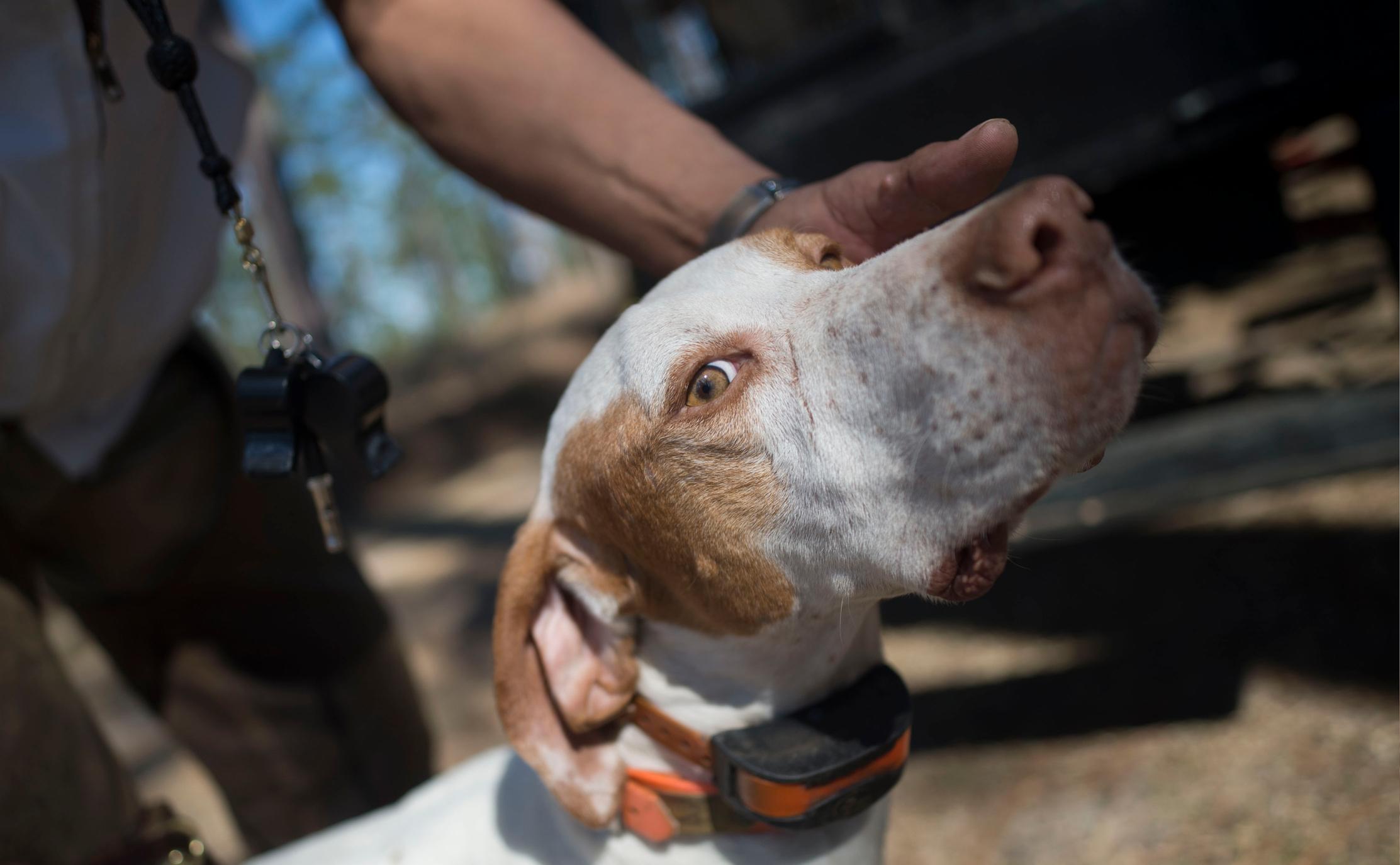
Hunting Dogs Eyecare - Video
by The SportDOG Staff
In this SportDOG Brand Training Tip (originally aired on Pheasants Forever Television), Dr. Joe Spoo,DVM explains the correct way to care for your hunting dog's eyes. Gun dogs are exposed to various irritants in the field. Proper examination and rinsing techniques help your pup continue to perform at his best...
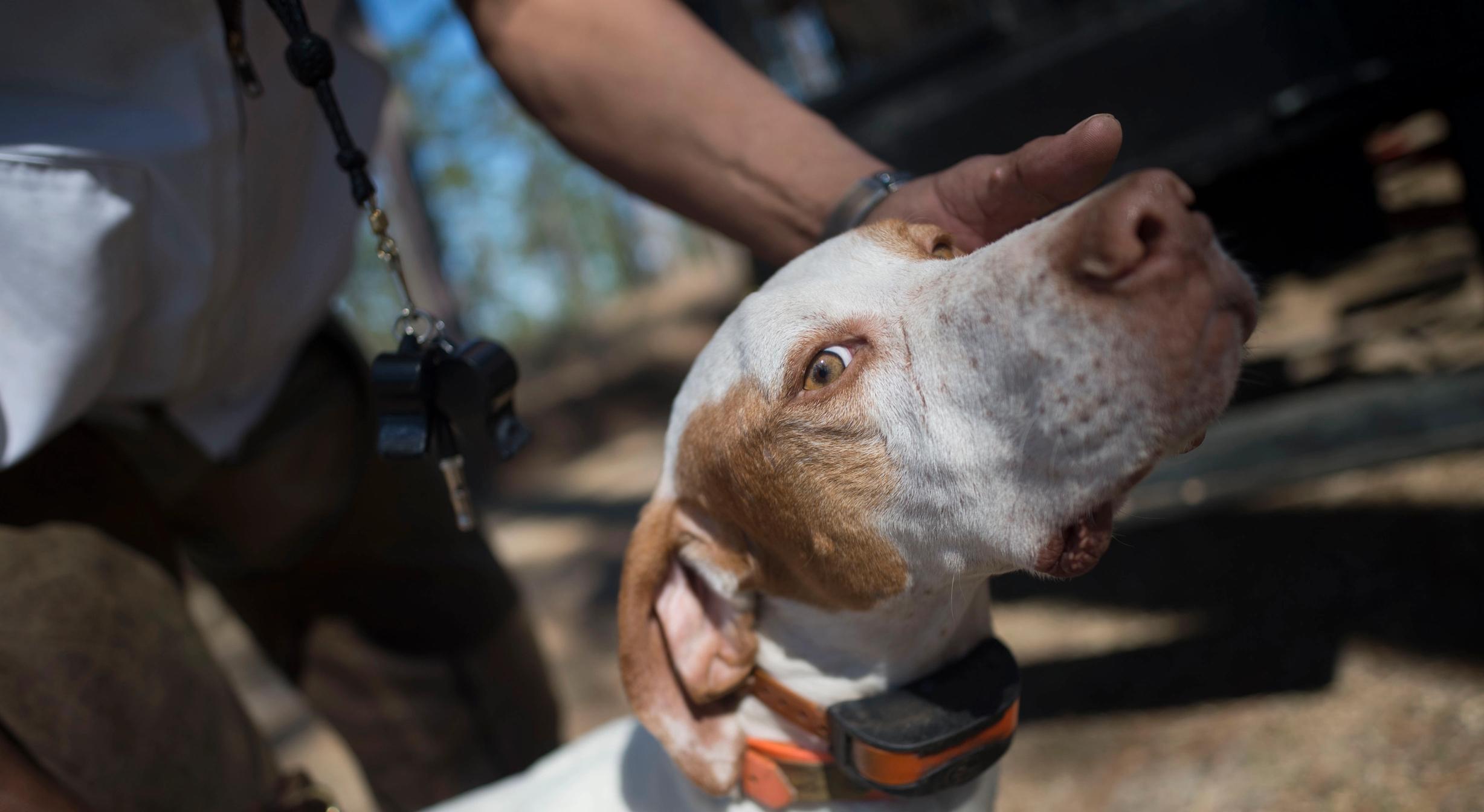
Quick Gun Dog Eye Exam - Video
by The SportDOG Staff
In this SportDOG Training Tip, (originally aired on Pheasants Forever Television) Dr. Joe Spoo, DVM discusses quick ways to examine the overall health of your hunting dog. This tailgate exam can help your gun dog avoid serious injury later. Checking your dog for symptoms or problems is an important part...
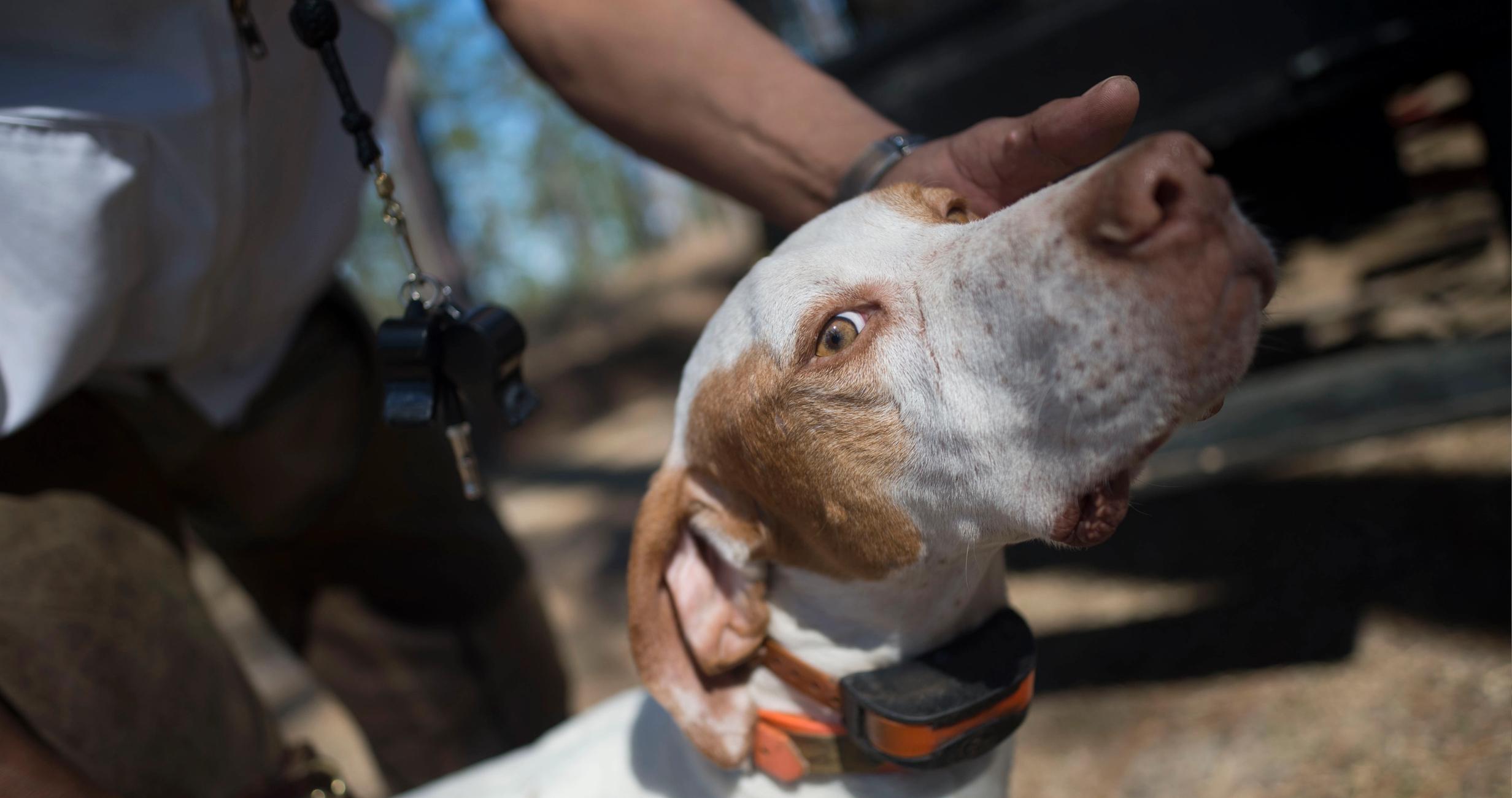
First Aid for Your Hunting Dog - Video
by The SportDOG Staff
In this SportDOG Brand Training Tip (originally aired on Pheasants Forever Television) Dr. Joe Spoo,DVM explains the correct way to provide first aid care for your hunting dog while in the field. Emergency care for your gun dog in the field can prevent long term dog problems from developing.
